It does not matter whether you’re an elite athlete, a couch potato who’s signed up to a challenge in the pub one night or a middle-aged someone approaching a milestone birthday who wants to look fabulous not flabby, the principles of training and getting fit are the same, just with different intensities.
In my opinion there are 10 main factors which will help to prevent injury:
1. Start at the bottom
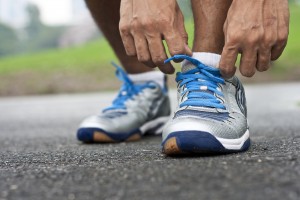 Correct footwear is essential, not only for your chosen activity but also for your foot type.
Correct footwear is essential, not only for your chosen activity but also for your foot type.
There are 2 main types of foot – the high arch or stiff foot and the low arch pronated foot. The high arch foot needs a shoe with more shock absorption while the low arch foot needs support to the arch to prevent the foot from rolling in which could lead Achilles tendon, knee or hip pain.
At PPASIC our physiotherapists, Gerry and Ed, can advise you on what type of foot you have and therefore the shoe that you should be buying.
Call us on 01730 267645 to book your foot assessment!
2. Cross Train!
This refers to a routine involving several forms of exercise in your training programme. Sport-specific training is, of course, essential e.g. if you’re training for a marathon you won’t get away with just doing Pilates! However if you only train by running your body becomes very efficient at performing the same movements and your overall fitness will stay the same. There is also a risk of overuse injuries and exercise boredom.
Cross training will allow you to continue exercising even with an injury or when the weather is poor.
Examples of a cross training programme include:
Cardiovascular (CV) – running, swimming and cycling
Flexibility – Yoga and stretches
Core strength – Pilates and Swiss ball exercises
Strength training – weights and exercise bands
Circuit training – this will combine a mix of all of the above.
At PPASIC, our Personal Trainer, Mick, can advise you on an exercise programme suitable for your age, fitness level and activity. We also have Pilates classes with Beth and Yoga classes with Susan to improve your core strength, posture, flexibility and strength.
Contact us on 01730 267645 or via our website to book your appointment with Mick, Beth or Susan.
3. Posture
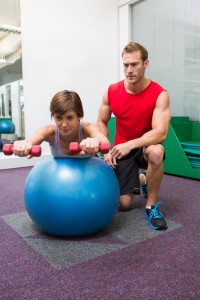 Maintaining both static and functional posture is essential during your activity to prevent back, neck and shoulder pain. The spine has 3 natural curves which we need to maintain during exercise and at rest.
Maintaining both static and functional posture is essential during your activity to prevent back, neck and shoulder pain. The spine has 3 natural curves which we need to maintain during exercise and at rest.
Our physiotherapists are very experienced in treating back and neck pain or advising you on postural issues while Beth, our Pilates instructor, can help you improve your posture with a 1-2-1 Pilates session or in our classes.
Call us on 01730 267645 or via our website to book your appointment.
4. Warm Up and Cool Down
Everybody knows that you should warm up and stretch before exercise and cool down and stretch afterwards but how many of you do?!
Exercising without warming up properly, particularly in the cold weather, can lead to pulled and torn muscles while cooling down and stretching afterwards can prevent post-exercise muscle soreness.
5. Nutrition and Fluid
Your nutrition and fluid intake changes when you are training, particularly if you are exercising intensively. If you feel thirsty you are already dehydrated! Your urine should never be dark yellow, ideally it should be clear or pale yellow.
At PPASIC we have an in-house nutrition expert, Natasha, who can advise on correct nutrition for your exercise programme.
Call us on 01730 267645 to book an appointment with Natasha
6. Massage
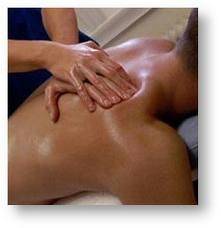 Keeping your muscles relaxed and releasing any tension or knots will improve your performance and speed up your recovery from training.
Keeping your muscles relaxed and releasing any tension or knots will improve your performance and speed up your recovery from training.
Mick is a very experienced sports massage therapist who can help keep your muscles in optimum condition during training and after your event!
Call us on 01730 267645 or contact us here to book your massage with Mick.
7. Seek Expert Help
If you have any niggles which don’t go away or are getting worse ask for advice before they become a major issue. Sometimes a simple change to training is all that is required, or you may need to stop and have treatment to allow your injury to recover. The sooner you seek help the quicker you will be back on the road/your bike/the gym!
Our Physiotherapists Gerry and Ed and our Sports Therapist Ruth are on hand to give you the best advice.
Call us on 01730 267645 or contact us here to book your physiotherapy appointment.
8. Listen to Your Body
9. Adjust Your Expectations
As we get older our bodies don’t perform as well as we would like! Therefore we need to be realistic as we age. So if your 20 year old sporty son or daughter challenges you to a 10km run and you haven’t worn a pair of trainers for 10 years don’t expect to keep up! Even if you are fit it is unlikely that you will perform as well as a much younger athlete so don’t push yourself as hard as they do, you are bound to pick up an injury.
10. Allow Time to Train
Start slowly, particularly if you are not used to exercising, and build up the intensity and training time gradually. You can’t run a marathon or cycle from Land’s End to John O’ Groats with only 6 weeks training no matter how fit you think you are.
Our Personal Trainer Mick can advise you on a correct exercise regime to allow you to perform at your best.
Contact us on 01730 267645 or via our website to book a consultation with Mick.
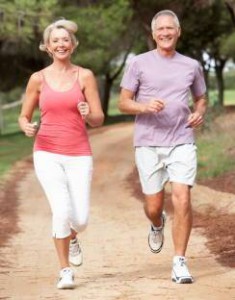
Recent Comments